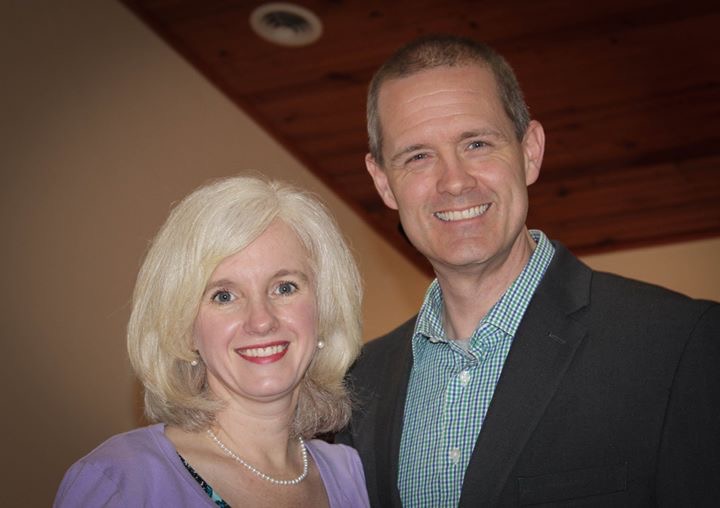Jesus tells us that if we love Him we will obey Him. But then each of us find ourselves still struggling with sin in some way. Does that mean that we are not really followers of Christ? Does it mean that we are not saved?
The real question here is a matter of the heart. But if we are talking about a person who rely has given their hearts and lives to Christ, the answer is then – no. The truth is that God knows that each of us will struggle with sin even after coming to faith. God knows we begin as sinful people, we repent of sin after we believe, and we struggle against sin all our days.
If we say we have no sin, we deceive ourselves, and the truth is not in us. If we confess our sins, he is faithful and just to forgive us our sins and to cleanse us from all unrighteousness. If we say we have not sinned, we make him a liar, and his word is not in us. – 1 John 1:8-10 (ESV)
This does not mean that we do not pray and seek God’s strength and deliverance from sin in our lives. But it does mean that just because sin exists, this is not the essential matter that determines if we actually belong to Christ.
Jesus was clear in the Sermon on the Mount that the essential question is not do we know about Him, nor is it do we do good stuff for Him, but do we know Him. So do you know Christ? Is He a friend? Do you trust Him?
Sin is a battle we face our whole lives. But in the end, it is only overcome by the grace of Christ.
For we know that the law is spiritual, but I am of the flesh, sold under sin. For I do not understand my own actions. For I do not do what I want, but I do the very thing I hate. Now if I do what I do not want, I agree withthe law, that it is good. So now it is no longer I who do it, but sin that dwells within me. For I know that nothing good dwells in me, that is, in my flesh. For I have the desire to do what is right, but not the ability to carry it out. For I do not do the good I want, but the evil I do not want is what I keep on doing. Now if I do what I do not want, it is no longer I who do it, but sin that dwells within me.
So I find it to be a law that when I want to do right, evil lies close at hand. For I delight in the law of God, in my inner being, but I see in my members another law waging war against the law of my mind and making me captive to the law of sin that dwells in my members. Wretched man that I am! Who will deliver me from this body of death? Thanks be to God through Jesus Christ our Lord! So then, I myself serve the law of God with my mind, but with my flesh I serve the law of sin. – Romans 7:14-25 (ESV)
